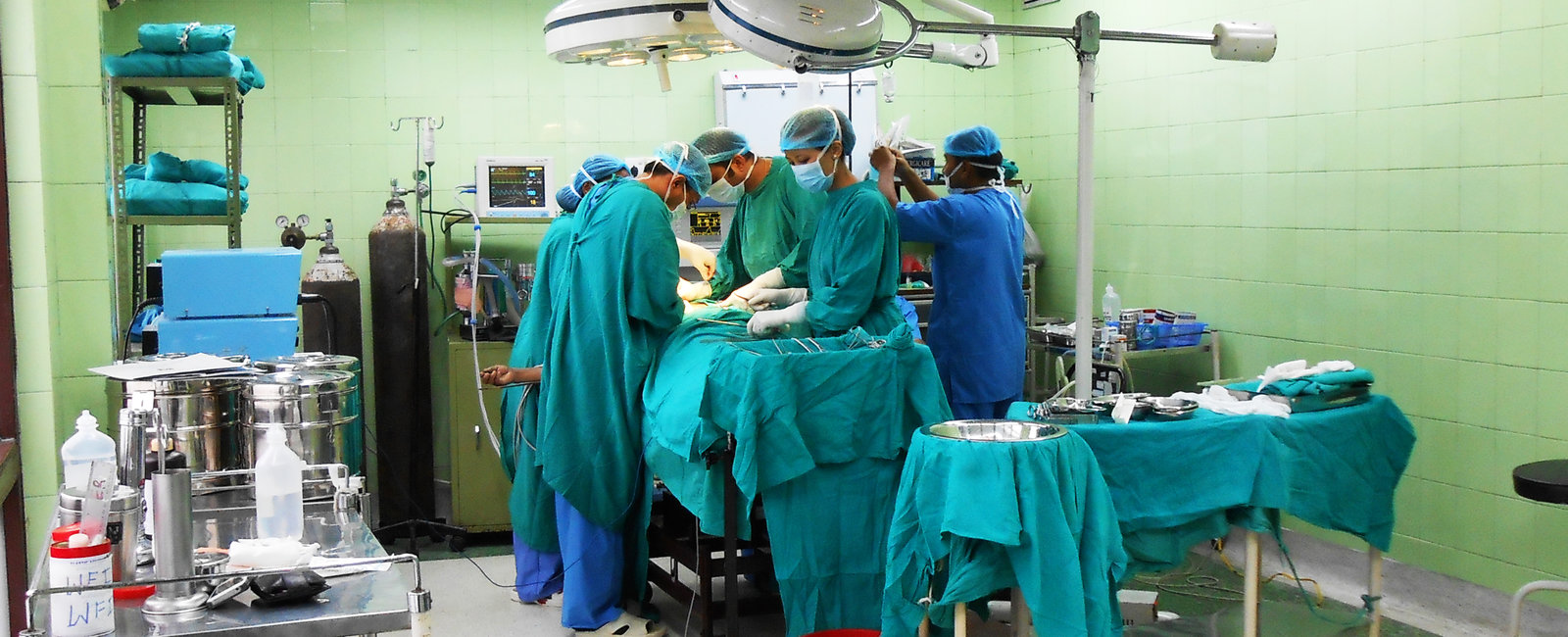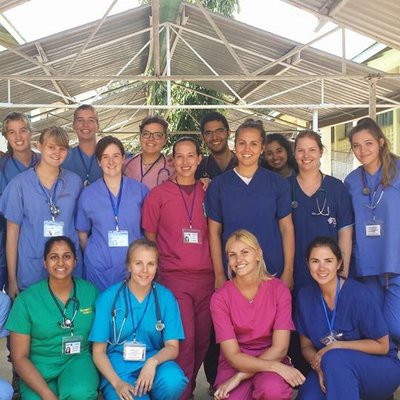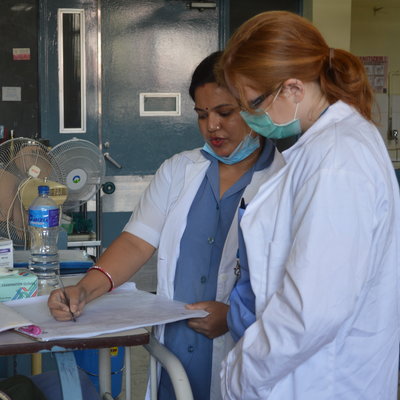What are the HIGHEST-PAID medical jobs?
NHS salaries are banded, so the answer is fairly clear-cut.
Yes, there are variables, such as your location and seniority.
But by and large, it’s easy to glean your basic pay, whether you’re a junior doctor or a consultant.

— Surgeons rank at the top of the pay scale —
If you’re working as a specialist medical doctor in the UK, you earn a basic salary of between £40,037 and £74,661. Salaried GPs get between £58,808 and £88,744.
And as a consultant, your basic pay is between £79,860 and £107,668.
In 2018, the average full-time consultant earned about £127k, so there’s a bit of flexibility in the numbers above (you can choose to take on extra work in management or teaching, which will give you a pay bump).
Note: Some NHS doctors boost their earnings with private work, but here we focus on basic pay.
The top five highest-paid specialities in the UK are:
*Approx salaries at consultant level
- Plastic surgery: £140,000
- Trauma and orthopaedic surgery: £142,000
- Neurosurgery: £126,000
- Otolaryngology: £139,000
- Cardiology: £139,000
But even up here at the top of the ladder, we’re still talking about small differences in pay between each.
Let’s take a step back to look at a bigger, more global picture.
The bigger picture

— There's a whole other story in the States —
How much more do doctors in America get paid?
A lot more.
Put it this way —
If you’re an orthopaedic doctor in the UK, you’re looking at an average of £87,757 a year. So, over your career, you’ll earn about £3,520,000.
If you’re an orthopaedic doctor in America, you earn around £370,000 per year. Over a career, that’s about £14,000,000.
So an American orthopaedic doctor earns, on average, an eye-watering £10.5 million more over a career than their British equivalent.
That’s quadruple the lifetime earnings of an equally well-qualified British doctor.
We’re not being entirely fair
A medical degree costs much more in America than in the UK. There are many estimates online, but the average debt of the American medical student is around $200,000 upon graduation.
Let’s be incredibly generous and say that the average med school debt is $500,000 — more than double most estimates.
Even taking that into consideration, you’d still be earning £10 million more than your UK equivalent.
Let that sink in.
Why is there such a big difference in pay?
It’s not news that the American healthcare system is private from top to bottom.
Services aren't free at the point of care.
As a result, healthcare costs patients a fortune—the average cost of a bypass in the UK is about £20,000. In the US, it’s £60,000+.
To cover the costs, lots of people in the US opt for health insurance.
There are still hundreds of thousands of people in the States who remain uninsured for one reason or another, but let’s not wade into the political debate.
The point is that the more money in the system, the more money doctors have to make. More money can be invested back into the system, improving the care quality.
Or does it?
Apparently not.
Studies show that the NHS doesn't just perform better than the US healthcare system, it's actually among the best in the world.
And that’s with the NHS spending half of what the US system spends per person.
Here’s a graph from the study above —
How does this make sense?
The National Health Service is all about people. It has been about people since 1948 when it treated Sylvia Diggory, its first patient.
It’s run by people for people, and it’s publicly funded.
Because of that, people are invested in the NHS as a public institution. Any time privatisation is mentioned, a majority of people strongly oppose it.
The NHS is the 5th largest employer on the planet. It employs 1.7 million people. To put that into context, the other four employers in the top five are:
- US Department of Defence
- People's Liberation Army (China)
- Walmart
- McDonald's
The NHS works as well as it does because the people who run it believe in it.
Being an NHS doctor is about committing yourself to serving patients. You won’t get paid as much as your American colleagues, but you will be part of one of the UK's most outstanding collective achievements.

Next up:
Overseas Electives
Learn how you can get eye-opening medical experience while travelling Africa & Asia.
Learn how you can get eye-opening medical experience while travelling Africa & Asia.








